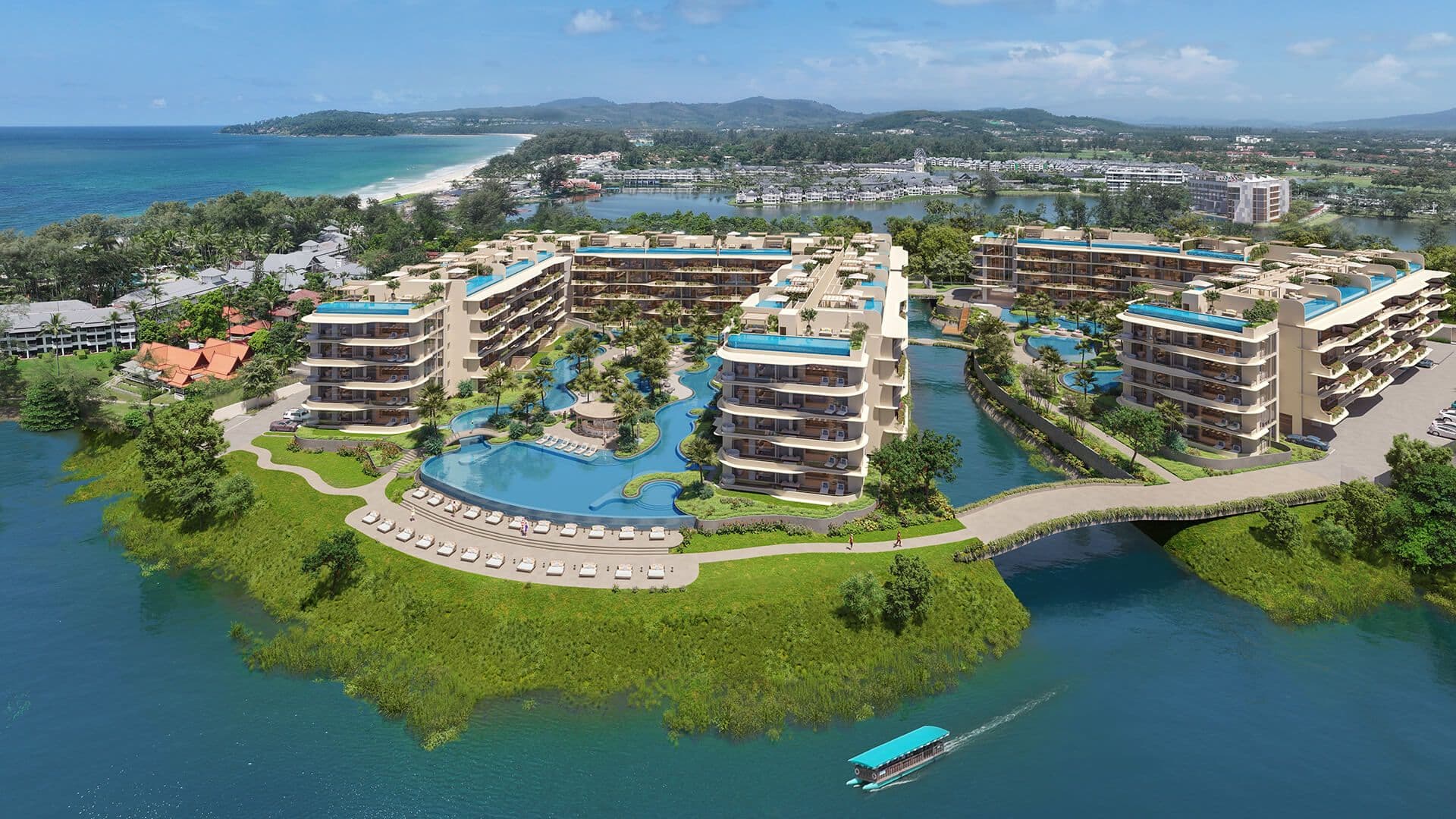Air Connectivity and Market Confidence Grow
Syria’s hospitality revival is supported by the return of major regional airlines. Carriers including Emirates, flydubai, Qatar Airways, Turkish Airlines, and Saudi Arabia’s flynas and flyadeal have either resumed or are planning flights to Damascus, marking a significant step toward restoring connectivity.
Barnes noted that the hospitality and aviation sectors are closely interlinked.
“As soon as airlines decide they’ve got enough traffic to make it worthwhile for them to go to a destination, we need to be on that bandwagon — that’s a clear indicator of growth,” he said.
O’Rourke added that initial travel demand will likely come from regional markets such as Dubai, Saudi Arabia, Lebanon, and Turkey before expanding internationally to India and China as stability improves.
A Cautious but Business-Friendly Climate
Executives from several hotel groups emphasized that while the investment climate is improving, long-term success depends on pro-business reforms. Investors are seeking assurances related to tax policies, legal transparency, capital repatriation, and banking reforms.
Barnes described the current environment as “very business-friendly,” noting that the government’s willingness to recognize the value of tourism could accelerate growth.
“If the government recognizes the value of tourism, it’s amazing the changes that will occur,” he said, drawing parallels to Saudi Arabia’s recent transformation in opening up to global visitors.
Balancing Opportunity with Risk
While optimism is rising, industry leaders acknowledge that risks remain high. Geopolitical uncertainty, security concerns, and the slow pace of financial reforms pose challenges to large-scale development.
“It’s always a leap of faith, but you go into these things with eyes wide open and a clear understanding of what you want to achieve,” Barnes said.
Executives agreed that timing is critical, with many aiming to move early to capture “first-mover advantage” in a high-potential but underserved market.
Siegfried Nierhaus, Vice President of H World International, confirmed that the company has already been approached by developers and hotel owners seeking brand management partnerships in Syria.
“Being first into a market like Syria is a big advantage,” he said. “We are ready to move once the fundamentals align.”
A Decade of Reconstruction Ahead
Experts estimate that it may take five to ten years for Syria’s hospitality and tourism sectors to reach full maturity. Hala Matar Choufany, President of HVS Middle East and Africa, said her firm has received serious inquiries from international investors, particularly from the U.S., Turkey, and the Gulf region.
“Rebuilding Syria will happen, and there will absolutely be demand for hotel rooms,” she said. “By 2026, we expect to see more projects breaking ground or under renovation, signaling real progress.”
For now, investors and hotel operators remain in the exploratory phase, but the momentum is unmistakable. With renewed stability, foreign investment, and returning air connectivity, Syria’s hospitality sector could be poised for one of the most remarkable comebacks in the region.







